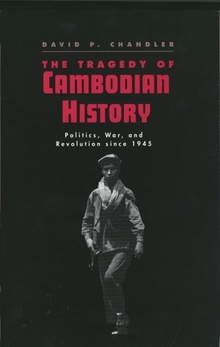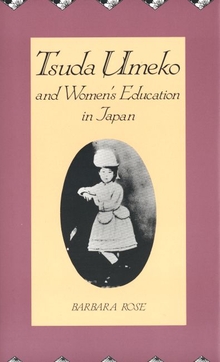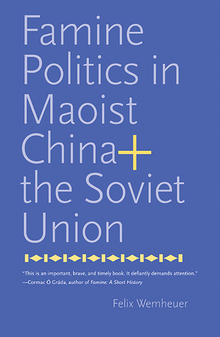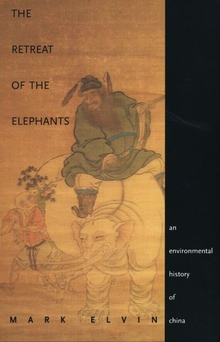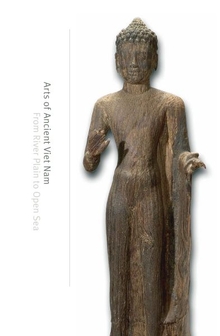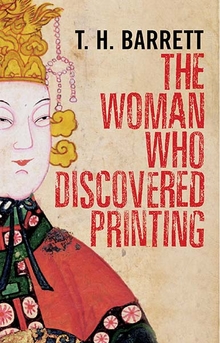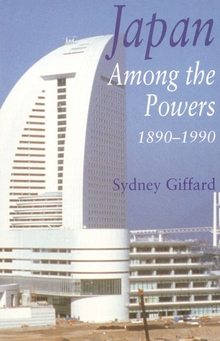The Tragedy of Cambodian History
WARNING
You are viewing an older version of the Yalebooks website. Please visit out new website with more updated information and a better user experience: https://www.yalebooks.com
Politics, War, and Revolution since 1945
David P. Chandler
The political history of Cambodia between 1945 and 1979, which culminated in the devastating revolutionary excesses of the Pol Pot regime, is one of unrest and misery. This book by David P. Chandler is the first to give a full account of this tumultuous period.
Drawing on his experience as a foreign service officer in Phnom Penh, on interviews, and on archival material. Chandler considers why the revolution happened and how it was related to Cambodia’s earlier history and to other events in Southeast Asia. He describes Cambodia’s brief spell of independence from Japan after the end of World War II; the long and complicated rule of Norodom Sihanouk, during which the Vietnam War gradually spilled over Cambodia’s borders; the bloodless coup of 1970 that deposed Sihanouk and put in power the feeble, pro-American government of Lon Nol; and the revolution in 1975 that ushered in the radical changes and horrors of Pol Pot’s Communist regime. Chandler discusses how Pol Pot and his colleagues evacuated Cambodia’s cities and towns, transformed its seven million people into an unpaid labor force, tortured and killed party members when agricultural quotas were unmet, and were finally overthrown in the course of a Vietnamese military invasion in 1979. His book is a penetrating and poignant analysis of this fierce revolutionary period and the events of the previous quarter-century that made it possible.
"An important and valuable book that provides a rounded view of the political, social, and economic scene in Cambodia."—May Ebihara, City University of New York
"A learned, solidly researched, unceasingly lucid narrative history of one of the fiercest and bloodiest and most puzzling of all twentieth-century revolutions. The author gracefully and persuasively emphasizes, not so much the evils of Cambodian political leaders, as their tragic inability to master or survive the gigantic historical forces with which they had to contend."—Alexander Woodside, professor of Chinese and Southeast Asian history, University of British Columbia
"A solid and refreshingly objective study that provides a healthy antidote to the usually tendentious or simplistic accounts. This is a masterful treatment, comprehensive in its coverage and deeply probing in its analysis, that will give readers much greater understanding of one of the most complex and disputatiously interpreted of modern tragedies—one involving—(both covertly and openly) China, the Soviet Union, and the United States as well as Cambodia's neighbors. Drawing on Chandler's own field experience, and extensive range of interviews, and many previously untapped archival materials, this study provides new insights as to why and how Cambodia's long revolutionary process took place and why its course has been so strikingly bizarre."—George McT. Kahin, professor of international studies emeritus, Cornell University
"The best, most balanced, and concise analysis of Cambodian politics from 1945 until the Vietnamese invasion. Chandler achieves a remarkable blend of overview and detail of continuity and rupture in his narrative of perhaps the most ambitious and tragic attempt at social utopian engineering we have yet seen."—Jim Scott
"The Tragedy of Cambodian History is a marvellous read. Chandler has combined his scholarship with his flare for writing to bring the history of that tragic country alive. It is not only the best book on the subject but it should also serve as a model for all historians."—Nayan Chanda, author of Brother Enemy: The War After the War
"Instructive. . . . Mr. Chandler's spadework in French, American and British archives, the multitude of interviews he conducted with participants and observers of many nationalities, and his readings in the largely French-language Cambodian press going back to colonial days have enabled him to construct as complete a historical narrative as has ever been compiled."—Henry in the, New York Times Book Review
"Now a professional historian with over 20 years' experience inthe relevant archives and a great range of contacts with Cambodian and Western participants (many of whom have been interviewed for the present book), Chandler has produced a classic study which lays bare the roots of Cambodia's contemporary cavalry. His thesis is direct and powerfully argued. . . . Chandler eloquently evokes the plight of . . . survivors, men and women whose health and personal identity have been irretrievably shattered by the events of 1970s and 1980s."—Peter Carey, Times Higher Education Supplement
"A masterly work of scholarship that combines judicious assessment with meticulous attention to sources and detail."—Michael Leifer, Journal of Asian Studies
"Excellent. . . . Chandler's command of sources is superb, from the written documentation to the extensive use of interviews. . . . Chandler contributes a valuable attempt to understand the conditions and mentalities which led to [the] horrors [of the Pol Pot period]."—Library Journal
"[A] fine book. . . . Chandler has compiled the rich research done by others and added to it his own interviews and research, particularly in the archives of the French government. . . . Instructive."—Elizabeth Becker, New Republic
"A considered, detailed history of one of the bloodiest and most tragic attempts at social engineering in the twentieth century. Chandler's book will remain the definitive treatment of Cambodia since World War II."—Donald S. Zagoria, Foreign Affairs
"A chilling account of the political history of Cambodia between 1945 and 1979."—Tonya M. Matz, CJ International
"A major contribution, tracing events from World War II through the routing of the Khmer Rouge in 1979. . . . Reconstructing the story . . . is an important step, and a desperately timely one."—Eileen Blumenthal, Wall Street Journal
"Chandler's new book is the most detailed and scrupulously documented account of Cambodian politics from 1945 to 1979 written to date. . . . [An] excellent book."—Kevin Rowley, Far Eastern Economic Review
"A valuable addition to the growing corpus of work on modern Cambodia. . . . A concise and scholarly account which draws both on newly opened archives and interviews with Pol Pot's victims."—Simon Scott Plummer, The Sunday Telegraph
"This is a considered, detailed history of one of the bloodiest and most tragic attempts at social engineering in the twentieth century. Chandler's book will remain the definitive treatment of Cambodia since World War II."—Foreign Affairs
"In this excellent study, Chandler uses his intimate knowledge of the area and his ability to make use of a variety of sources, including personal interviews, to weave together strands of what he describes as the tragedy of Cambodian history. . . . A major contribution to Cambodian studies, it is recommended for both graduate and undergraduate libraries."—Choice
"Mr. Chandler has brought together such a trove of information."—Ellen Blumenthal, Asian Wall Street Journal Weekly
"A major contribution to the growing literature on recent Cambodian history."—R.B. Smith, Bulletin of SOAS
"A remarkable effort to avoid simplistic, ideologically based explanations, to offer a Cambodian perspective of the events during 1945-79 and to provide a deeper understanding of how and why Cambodia's bizarre revolutionary process took place. . . . The author does not simply provide a chronological description of the political events, but also tries to find their inner logic as well as the motivations and beliefs that governed the politicians' acts."—Vladimir Pasti, Regional Politics and Policy
"Thorough and comprehensive in its treatment of internal and international factors influencing Cambodian politics from 1945 to 1979. . . . For all of us, Chandler's details, explanations, and innuendoes provide ample food for thought, disagreement, debate and yes, lessons on how little agreement exists about what qualifies as objective evidence and unbiased interpretation. . . . Any serious Cambodia scholar should read it."—Barbara Harff, Annals of American Academy of Political and Social Science
"The Tragedy of Cambodian History is, and I expect will remain, the best contemporary history on Cambodia available in the English language."—Lieutenant Colonel Robert B. Adolph, Jr., Parameters
"This book is a major contribution to the history of South East Asia. It is the first really full account of the unrest and misery which have beset Cambodia since 1945. . . . Chandler's sense of historical perspective as well as his first hand knowledge of some of the events give his narrative and analysis exceptional authority. This book should quickly establish itself as essential reading for diplomats and all others concerned with the region."—Conflict Bulletin
Publication Date: September 10, 1993

